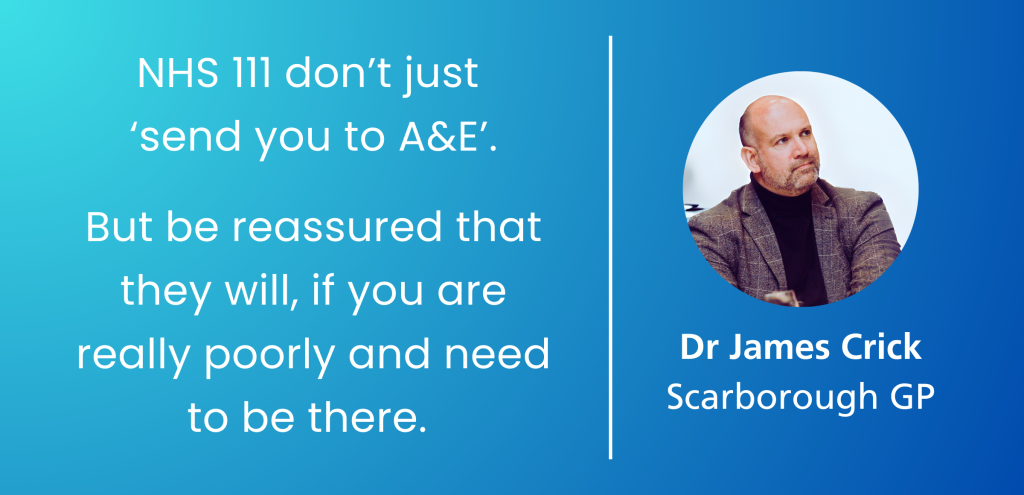Our lives can be busy and stressful, with our mental health and wellbeing often coming last. The simple action of reading a few pages from our favourite book can help reduce stress and improve our wellbeing.
Nick, from The Rabbit Hole independent bookshop in Brigg, explains why reading for wellbeing is so important:
“We see reading books as a link between physical exercise and mental exercise. The kinaesthetic process of holding the book and turning the pages is relaxing and requires thought and interaction. The whole process is part of committing to that activity, relaxing and taking in what you are reading.”
In fact, researchers at the University of Sussex found that reading for just 6 minutes a day can reduce stress levels by 68%. This makes reading it more relaxing than listening to music, playing video games or having a cup of tea!
“Reading helps take you away from the daily routine and transport you and your feelings elsewhere, even if only for a few minutes or an hour. You are where the book takes you. The look, feel, smell and texture of a book can help focus the mind. Reading allows you to enter a new world away from the stresses and strains you are feeling and experiencing.”
Researchers have conducted several studies in recent years on reading to deal with grief, chronic pain, and as an alternative to mental health therapy, showing a correlation between reading and improved health and wellbeing.
“In the past, as a referral unit teacher, I’ve seen the benefits of reading firsthand. Once the kids plucked up the courage to read and look at books, they would say how it helped them to switch off from the world around them. That’s true for adults too.”
Many independent bookshops are not only known for their well-stocked shelves, but also for their unique position in our community as safe spaces where connections can be made and friendships formed. Lots of bookshops are actively involved in their local community, offering events, activities, book clubs and even spaces to relax and unwind.
“We run The Rabbit Hole as a community shop and have seated areas for people to chat, children’s play areas so parents and carers can bring children in and quite literally ‘have a break’.”
“In Brigg especially we have a flow of ‘regulars’ – both adults and young people – who just need somewhere to chat, meet or ask for advice. We do also cater for some of our community members who find that their children aren’t welcome in other places. They bring their children here to play, sit, read – or in one case line up all our toys carefully through the centre of the shop in very straight lines!”
“We’re proud to work with lots of organisations around mental health and wellbeing. We’ve worked with the police, in schools, and adult support groups and take care to always be fully inclusive.”
Why not take 6 minutes this World Book Day to read a few pages of that book gathering dust on your shelf? Or visit your local independent bookshop and find out more about what they offer.
“Let yourself by transported to a world of adventure, romance or even history, just for a few minutes. Don’t just read when you’re on a sun lounger or confined to a hospital ward, make it a part of your daily life.”
The Rabbit Hole is an independent bookshop in Brigg owned and run by ex-teachers Mel and Nick. Visit their website to discover more about the shop and the host of community events they offer.




